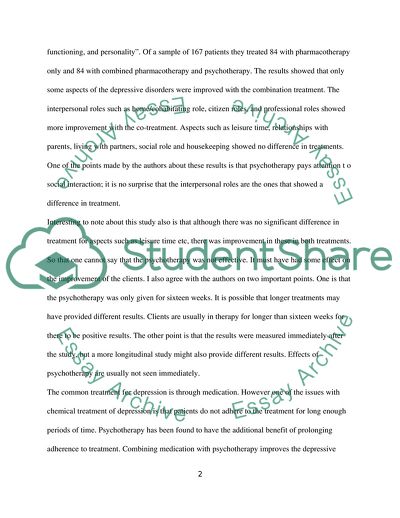Cite this document
(Does Psychotherapy Really Work Assignment Example | Topics and Well Written Essays - 1750 words, n.d.)
Does Psychotherapy Really Work Assignment Example | Topics and Well Written Essays - 1750 words. https://studentshare.org/psychology/1718870-does-psychotheraphy-really-help-patients
Does Psychotherapy Really Work Assignment Example | Topics and Well Written Essays - 1750 words. https://studentshare.org/psychology/1718870-does-psychotheraphy-really-help-patients
(Does Psychotherapy Really Work Assignment Example | Topics and Well Written Essays - 1750 Words)
Does Psychotherapy Really Work Assignment Example | Topics and Well Written Essays - 1750 Words. https://studentshare.org/psychology/1718870-does-psychotheraphy-really-help-patients.
Does Psychotherapy Really Work Assignment Example | Topics and Well Written Essays - 1750 Words. https://studentshare.org/psychology/1718870-does-psychotheraphy-really-help-patients.
“Does Psychotherapy Really Work Assignment Example | Topics and Well Written Essays - 1750 Words”. https://studentshare.org/psychology/1718870-does-psychotheraphy-really-help-patients.


